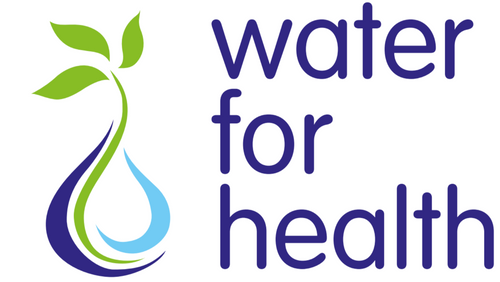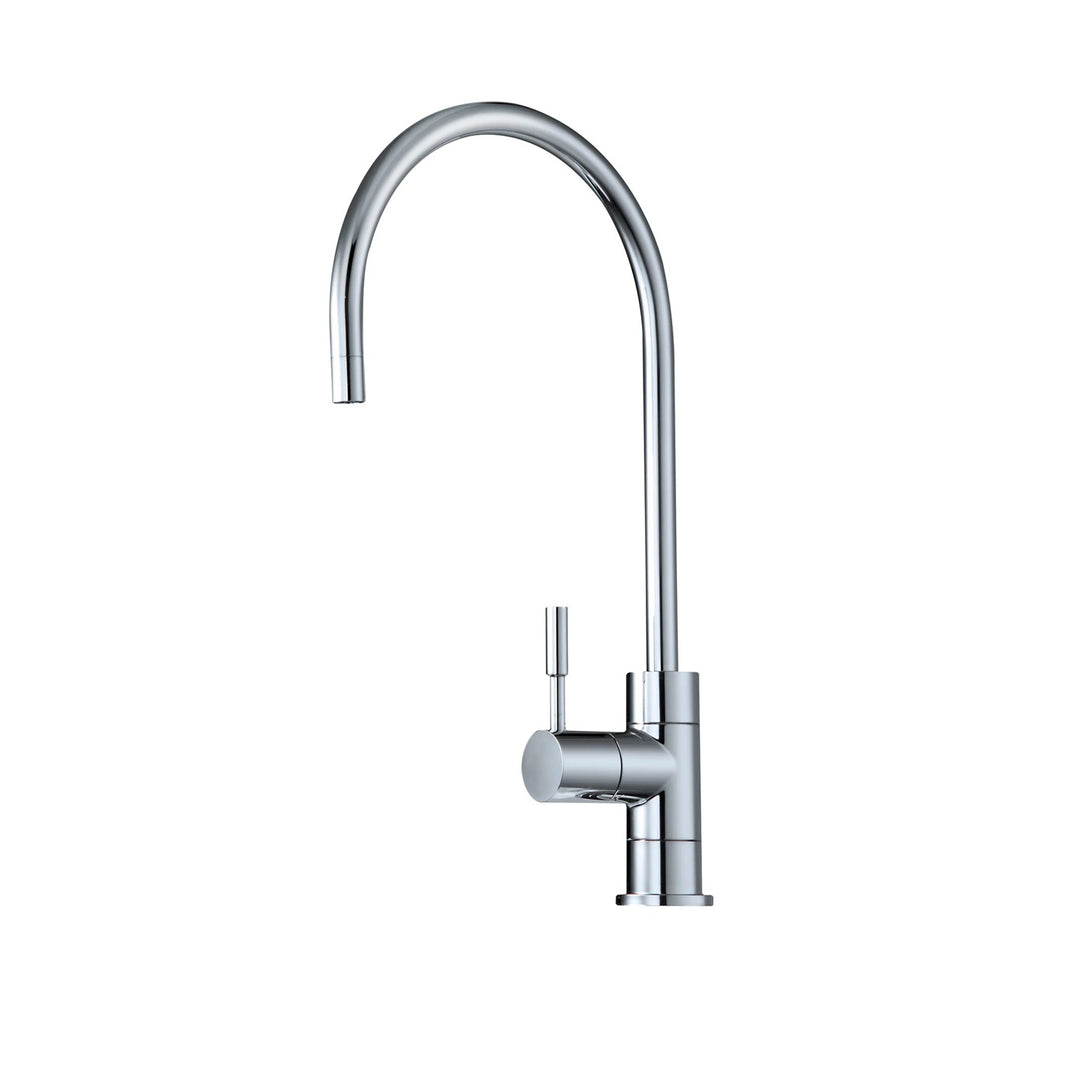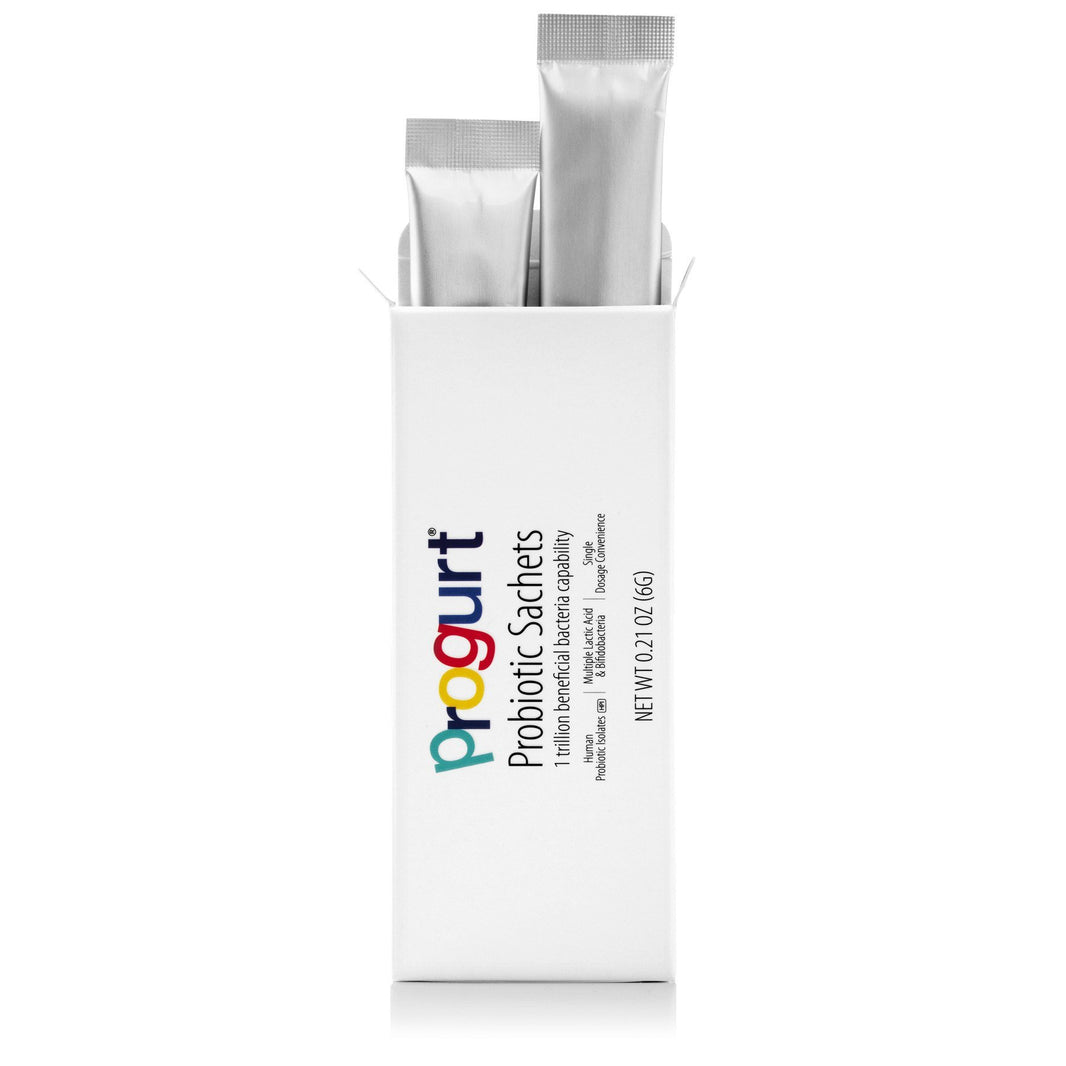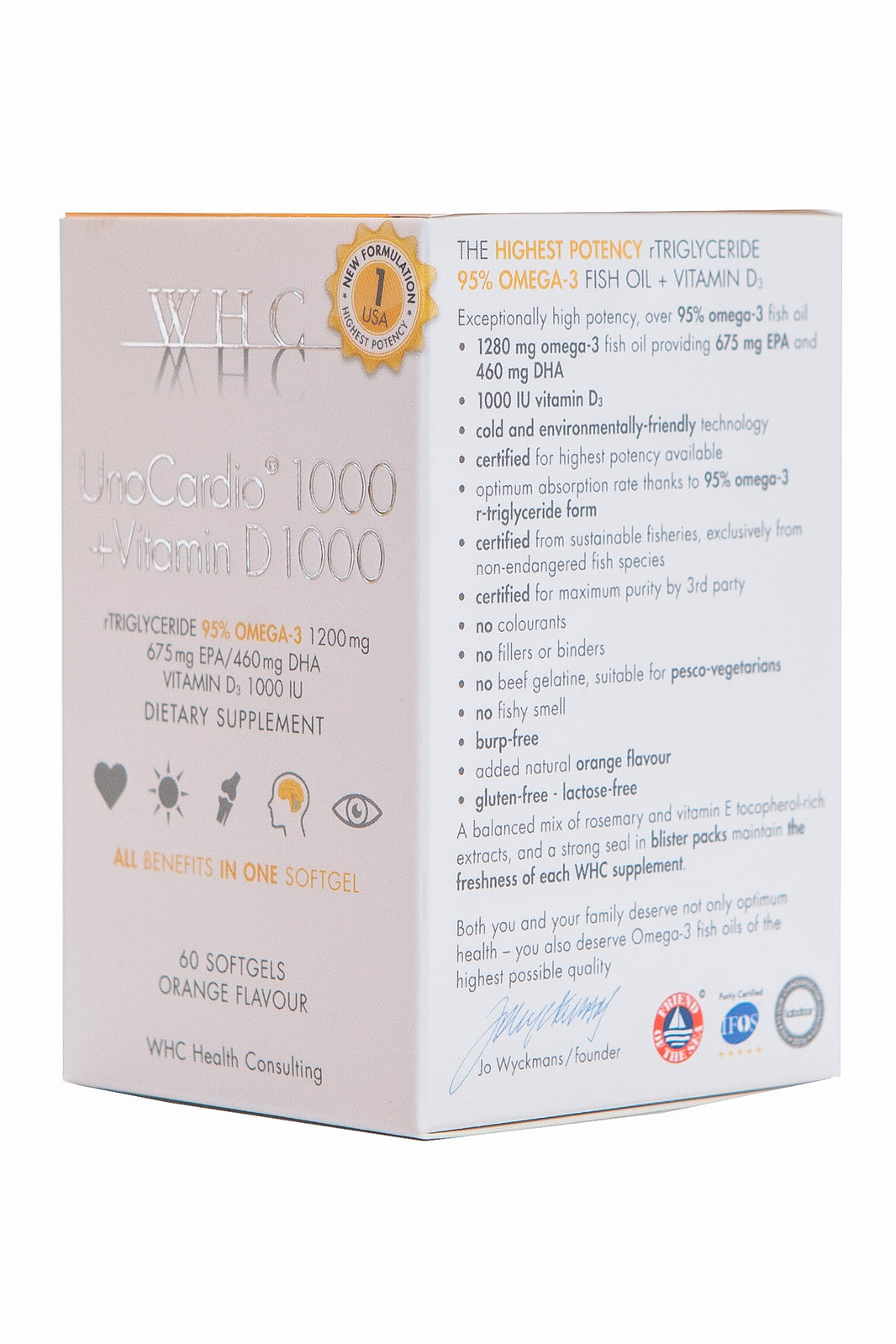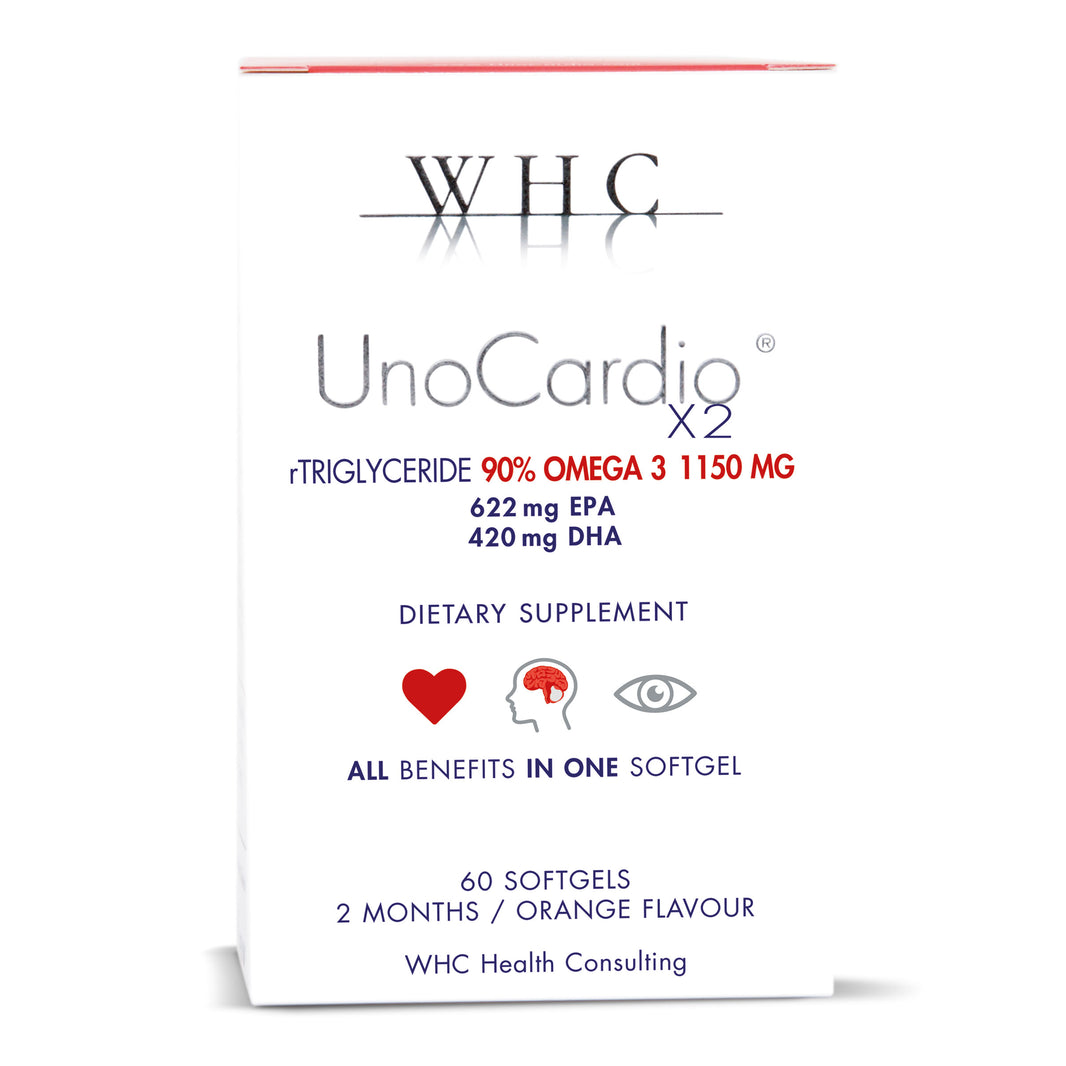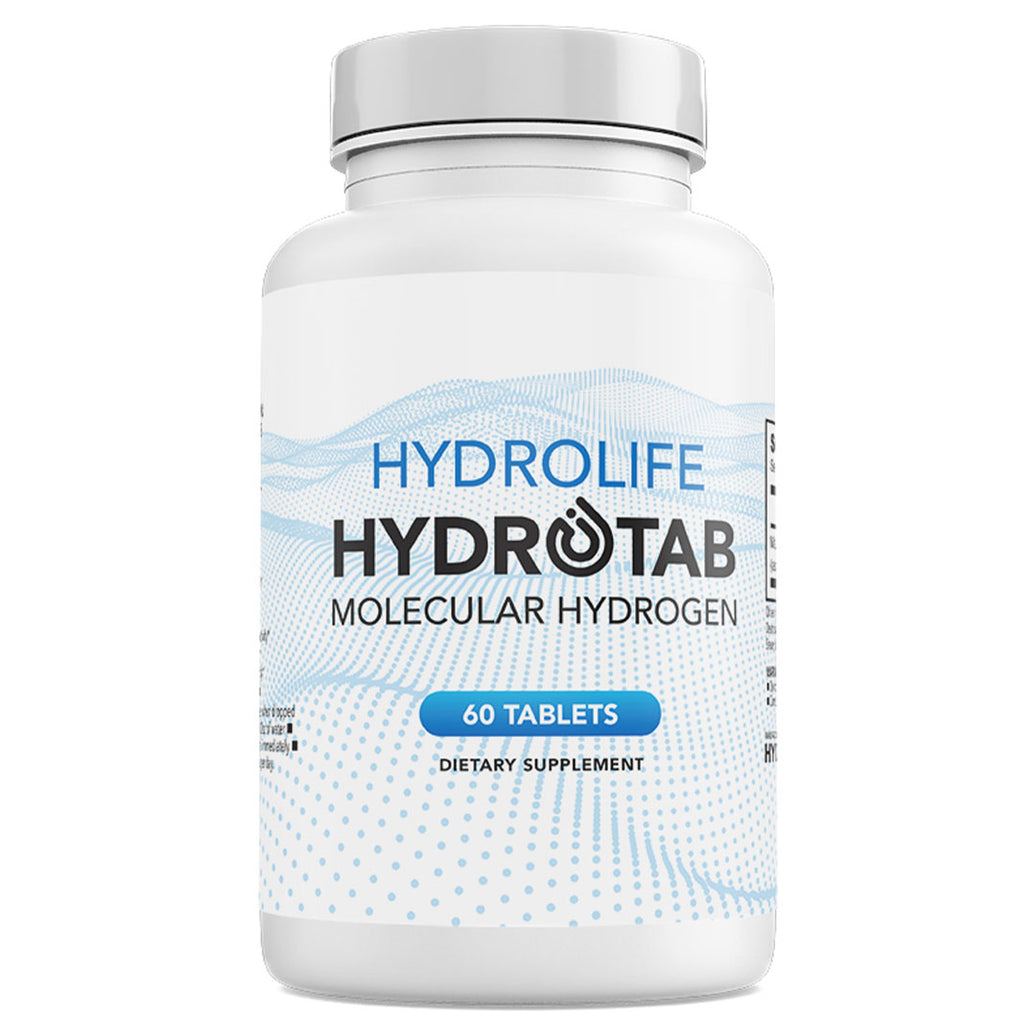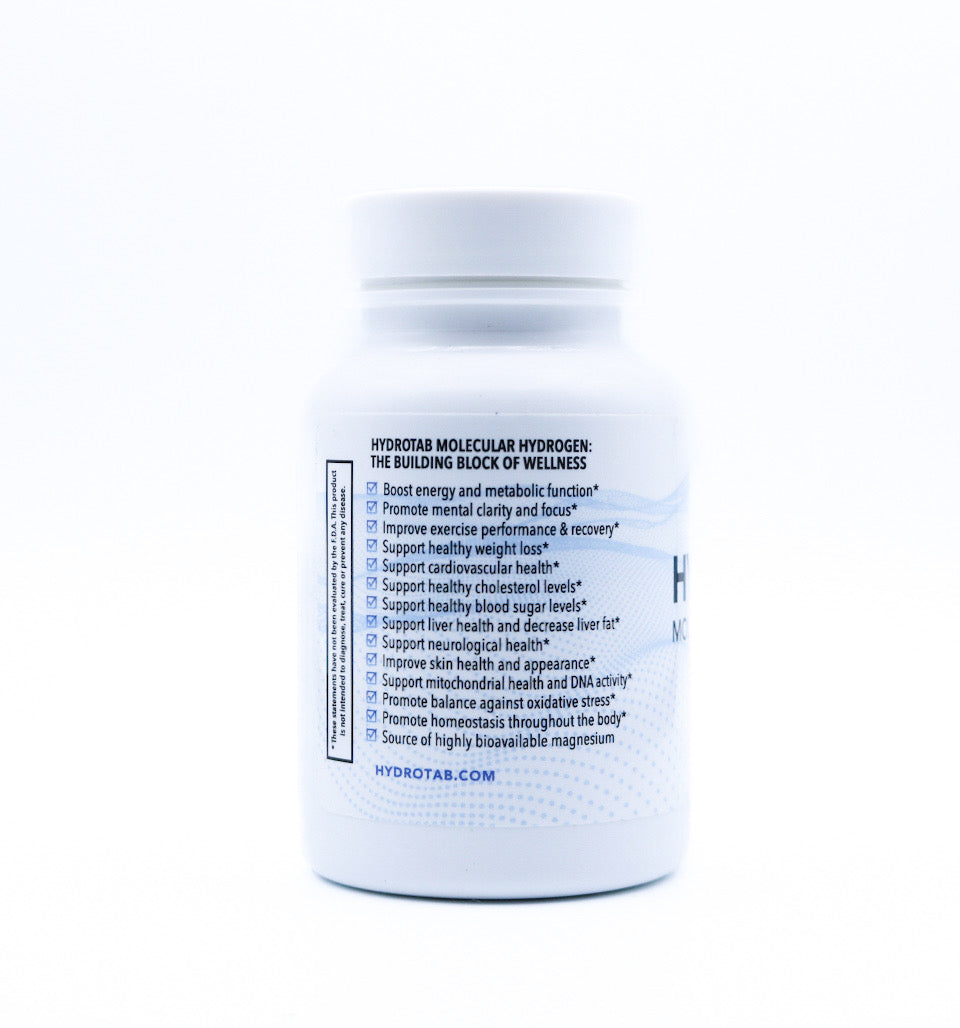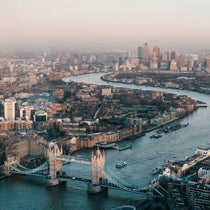On long international flights, aeroplanes are uncomfortable places for our digestive systems.
We are expected to sit quietly in a small, cramped place for unnatural periods of time, all the while eating and drinking in a futile attempt to overcome the boredom.
When nature calls though, we're far too embarrassed to remain in the bathroom for a good long visit.
Then there's the food we're served – invariably the type that is over-processed and refined, putting added strain on our digestive systems and sometimes causing gas or abdominal swelling.
Bloating on the plane is common and unpleasant. Thank heavens, it's also avoidable.
Start Combating Bloating Before You Fly
Flying puts all kinds of strain on the body.
Because the air cabin is pressurised to resemble atmospheric conditions 2,000 to 3,000 metres above sea level, your body must deal with lower atmospheric pressure and a reduced supply of oxygen.
Gas expands under low atmospheric pressure, which means that your body’s tissue is unusually swollen with all this expanding gas. If you want to avoid bloating on the plane, you’ll need to lay some groundwork before the jet leaves the tarmac.
Here are just a few tips.
• Take a mild natural laxative three or four days before your flight to clean out most of the food stuck in your digestive tract. Avoid taking it too close to the time of your flight, though; you certainly don’t want to struggle with a mild case of diarrhoea on the plane.
• Help your body develop the healthy bacteria that absorb nutrients – a good probiotic can help with this. If you are prone to bloating, start consuming a probiotic supplement a few weeks before you fly. As the world’s strongest probiotic, Progurt is so powerful that you probably only need to take one or two sachets a week for this purpose.
• Avoid farewell parties and eat clean food (free of preservatives, sugar and any unnatural additives) the day before you fly. Vegetables, fruit, pulses, nuts, seeds and whole grains contain enough fibre to prevent food from piling up in your digestive tract.
Carbohydrate-rich party food and carbonated sodas and beer will increase the likelihood of bloating on the plane because they are heavy and gassy, contain very few absorbable nutrients, and contain very little water and fibre to help them pass through the intestines.
• If you are used to beans and cruciferous vegetables like broccoli, Brussels sprouts and cauliflower, you probably don’t need to avoid them before flying; they cause gas only in people who usually eat very little of them.
• If at all possible, book a flight that fits in with your bathroom routine. If your bowels usually vacate first thing in the morning, fly two or three hours after that, when your intestines are relatively empty.
• Do a good physical workout the day before you fly and remain physically active until you board. Movement helps to naturally increase peristalsis action – the muscles that keep food moving through the digestive tract.
In-Flight Food and Beverages
The humidity on a plane is much lower than on the ground, because the air circulation in the cabin is so carefully regulated. As such, you will dehydrate much more easily.
As your cells dry out, they become less effective at all their functions, including the absorption of nutrients from food and the excretion of waste food and water. Consequently, bloating is even more likely.
To combat this problem, you must eat and drink sensibly on board to prevent dehydration and promote frequent bathroom visits.
What to Avoid In-Flight to Prevent Bloating
• Avoid most airport and aeroplane food. Too much of it is loaded with processed salt, salt-based food preservatives and heavy, empty carbohydrates. Whether it is pre-packaged meals, rolls, snacks, nuts, crisps or crackers, they’re best avoided in favour of your own snacks, fresh fruit and salads brought to the airport.
• Avoid alcoholic and caffeinated drinks; these are diuretics that will dehydrate you quickly.
• Avoid gassy soft drinks, sparkling water and soda water.
• Do not chew gum on the plane, even if you’re bored. In doing so, you risk swallowing air that could cause further gas to be formed in the gut.
What to Consume In-Flight to Prevent Bloat
• Eat regular, small meals; large meals increase the likelihood of bloating on the plane, because you suddenly dump a huge amount of food into your stomach that your body must store in the intestines while preparing it for excretion. A sachet of Green Vibrance stirred into a glass of water is a good snacking option due to the highly nutritious whole-food ingredients, including a dose of 25 billion gut-friendly probiotics.
• Eat slowly. This will not only combat boredom, but will also ensure you keep food in your mouth for long enough to enable saliva to carry out the necessary digestive processes before you swallow.
• Drink enough water throughout the flight. British and American airliners allow liquid-containing bottles of only 100 ml, unless you buy them at the airport and can show the receipt. As a result, you will not be able to pack litres of your healthy alkaline water to drink in-flight.
Try to buy unsweetened fruit juice on board; pack your own lemons and herbal tea bags to spice up and alkalise the water you buy on the plane.
On long flights, cabin staff are usually happy to provide you with boiled water for your herbal tea. It may be in your interests to take Zeta pH booster so you can increase the pH of the water provided on the plane. The bottle is only 45 ml and will easily go through security.
• Apples, pears, celery sticks, raw carrots, and not-too-moist salad whole grain sandwiches are water-rich and will serve you well most of the way through a long flight without spoiling. Nuts and seeds, dried fruit and home-made granola bars are ideal as smaller snacks.
Gels and pastes are also subject to the 100 ml limit, so be careful when packing salad dressing, peanut butter and so forth. Do not be put off bringing your own food for the plane – it is easier than you think!
Oxygen on Board
The oxygen level on board resembles the oxygen level of the planet’s highest few cities. Very few people can remain properly oxygenated at between 2,000 and 3,000 metres.
Limiting oxygen simple renders all of your body’s cells less effective, including those that are responsible for waste secretion and nutrient absorption, the two functions that play the largest role in combating bloat.
ASO ® Activated Stabilised Oxygen is a product that boosts oxygen levels in the blood – an ideal scenario for when you’re in the air. Not only will it help combat bloating on the plane, but you’ll also feel more energised when you arrive at your destination.
ASO ® is over 100 ml, so you will need to decant into a 100 ml receptacle prior to your flight!
In-Flight Bathroom Habits
Do not avoid visiting the bathroom while you are flying. To prevent bloating on the plane, you absolutely need to empty your bowels and bladder.
Carry a small bottle of antibacterial hand wash (not larger than 100 ml) to keep yourself clean. If the bathroom is genuinely nauseating, report it to the cabin crew or even wear a face mask. Just do not avoid visiting the bathroom.
General Advice
A bit of bloating on the plane is almost inevitable due to the decrease in atmospheric pressure. However, as outlined, there are ways of lessening or reducing the dreaded impact of bloating.
Wear loose, comfortable clothes and sensible shoes when flying; new or tight-fitting garments will only make you uncomfortable. Get up out of your seat once in a while, both to visit the bathroom and to stretch your legs. And, of course, avoid processed in-flight food in favour of a nutritious alternative.
Follow these steps and you can look forward to a smooth and pleasant flight. Providing there’s no turbulence, that is!

